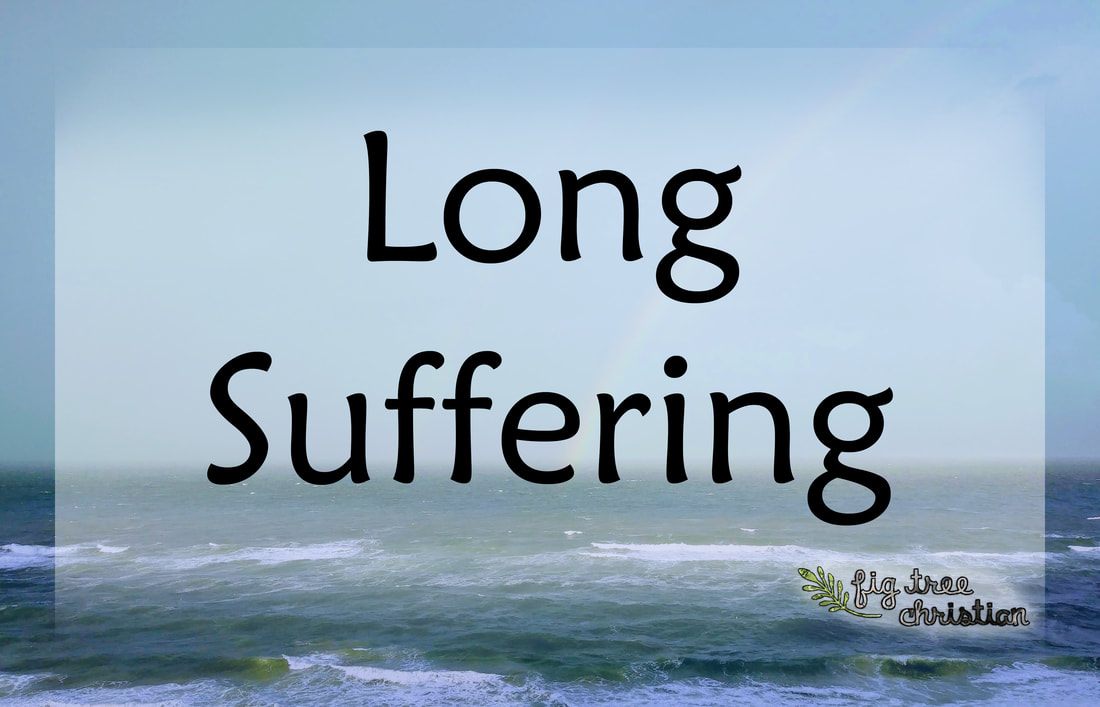|
-Rev Melissa Fain- "Much of my work comes from being lazy."John Backus was a computer scientist back in a time when they were creating their own job from the nothingness. He wrote the very first computer language, FOURTRAN. Not a lazy person, the above quote belongs to him. "Much of my work has come from being lazy. I didn't like writing programs, and so, when I was working on the IBM 701 (an early computer), writing programs for computing missile trajectories, I started work on a programming system to make it easier to write programs." ~ John Backus The virtue for today goes by many names: Long suffering, diligence, or persistence. We typically know the deadly sin attached to it by one name: Sloth. A modern ear might tie the word "lazy" to it and call it a day. Only, like pride last week, sometimes being lazy can be a virtue in and of itself. There's a time for work, and a time for rest. Purposeful laziness is a statement of our limits. For Backus, he knew he had work that needed to be done, so his laziness helped him to it easier. When used in that context, it doesn't seem very deadly. Sloth or laziness becomes deadly when it doesn't believe in anything. In other words, our faith in what we're doing sets the tone for why we're doing it. Laziness must have a purpose or we lose ourselves in it. Diligence (or long suffering) when tied to deadly slothWe are drawn to act towards the things that we have the most faith in. This is not just about being Christian. We all have something we put our belief in. (Even Atheists.) We act towards this belief, often without realizing we are doing it. You've heard the phrase, "Absolute power corrupts absolutely." It was written by John Emerich Edward Dalberg Acton. The entire phrase is "Power tends to corrupt and absolute power corrupts absolutely. Great men are almost always bad men." Why is this? This isn't because power actually corrupts. It's because power frees us to act as our true selves. Adam Grant writes: "Power frees us from the chains of conformity. As a team of psychologists led by Adam Galinsky finds, “power psychologically protects people from influence.” Because powerful people have plenty of resources, they don’t need to worry as much about the negative consequences of expressing their values." Powerful people can force others into places of servitude so those in power can be lazy about their own theology or actions. When most of us are not required to care about our neighbor, most of us will not care about our neighbor. Believe me when I say those are terribly difficult words to write. My faith has always been grounded in the hope for a better world. Diligence, when tied to deadly sloth will always sacrifice outside of personal gain. True diligence can only ever been seen when standing firmly in power. Diligence (or long suffering) when weaponizedThe work will never be done, but someone has to do it. Diligence, or long suffering, is a weapon when it's used to keep someone down or shut someone up. The United States actions of African and native peoples is diligence being used as a weapon. Native Americans were told to conform. They were forced to give up their native languages, and to take on European ways of life. The indigenous people tried and their attempts led to the Trail of Tears. Also laziness at it's absolute worst led to slavery of an entire people playing out over many generations, leaving shock waves even today. Weaponized diligence is caused by deadly sloth. Almost always. When it comes to theology we are in very dangerous waters. We can see a tyrant. We can label their abuse of power, and act accordingly. It's not as easy to see those who abuse theology to make it easier for themselves. Often times, they are incapable of seeing it themselves. Faith should never come easy. It's sacrificial in nature as it seeks God's love in ourselves and the world around us. When testing our theology is to keep our belief system instead of refining and understanding it, that's deadly diligence. Diligence (or long suffering) as a an action of faithMost of us have heard the term "due diligence." It's a term used in corporate law. It's the investigations that take place before an acquisition whether it be land or another company. As a people of faith, we often use lazy practices of accepting or dismissing the faith of others. Typically, our personal test is simply if their faith lines up with our faith. We don't consider how our faith could enrich theirs or how our faith could be wrong.
Being a person of faith is an action. It requires us to seek. It engages us to go. All people have faith, even Atheists. We all believe in something and our actions reflect our belief. Our faith can be as deep and complex as God, humanity, science, or as simple as the quality of a company we choose to buy products from. We all have faith. We all act from the place our faith takes root. If our actions are tied to a diligent faith, we are living into a virtue. |
Categories
All
Archives
October 2023
|




 RSS Feed
RSS Feed